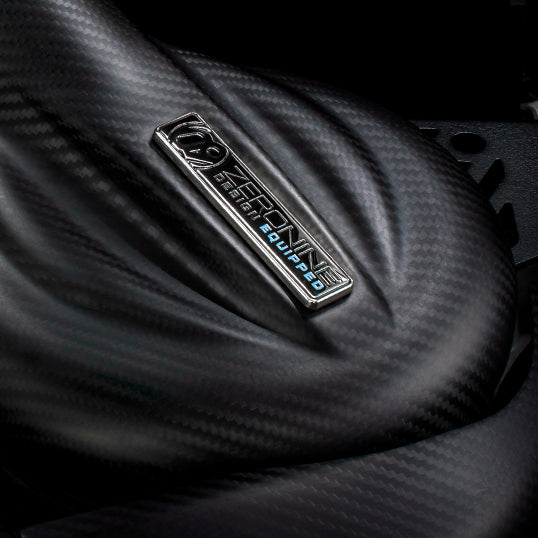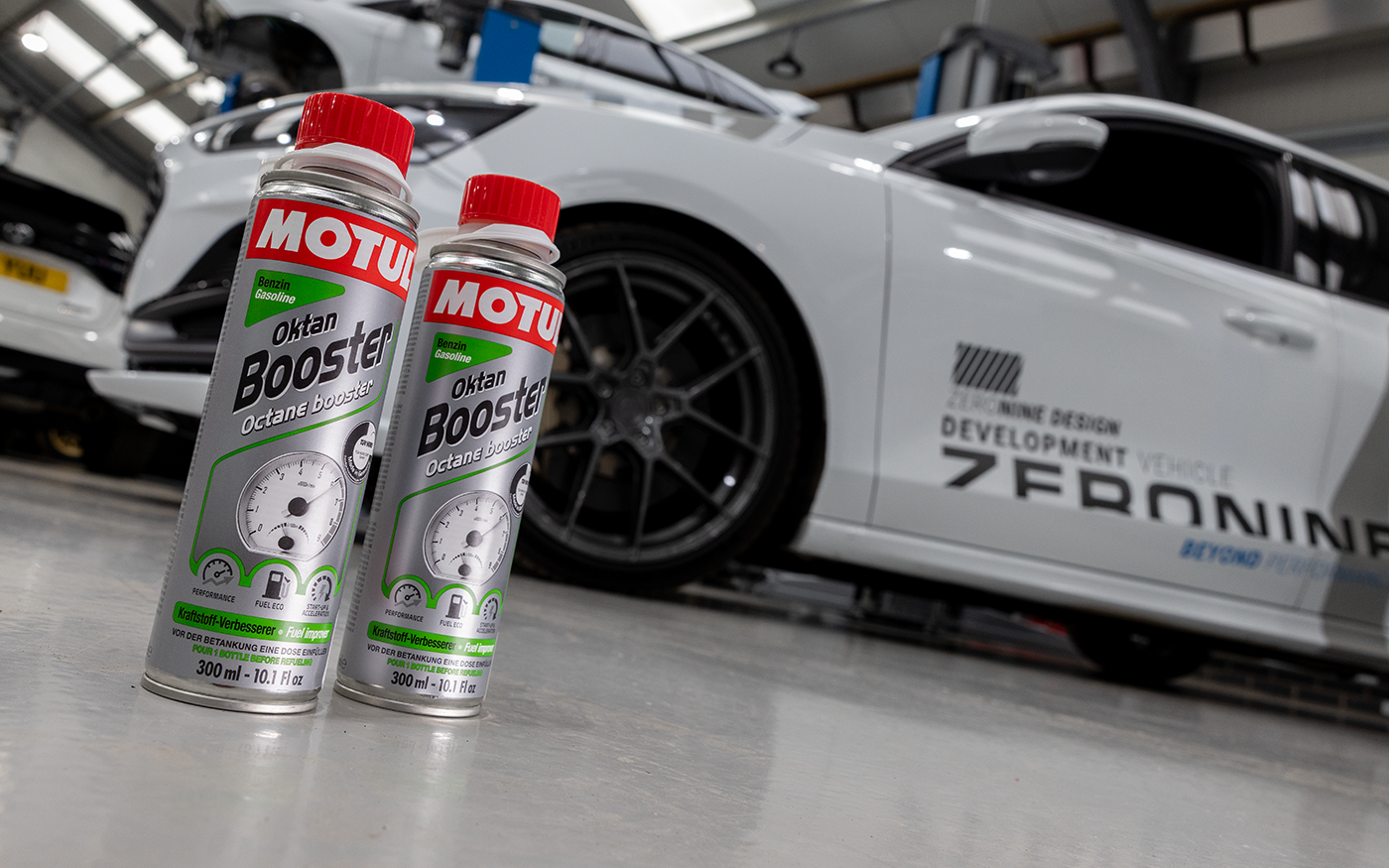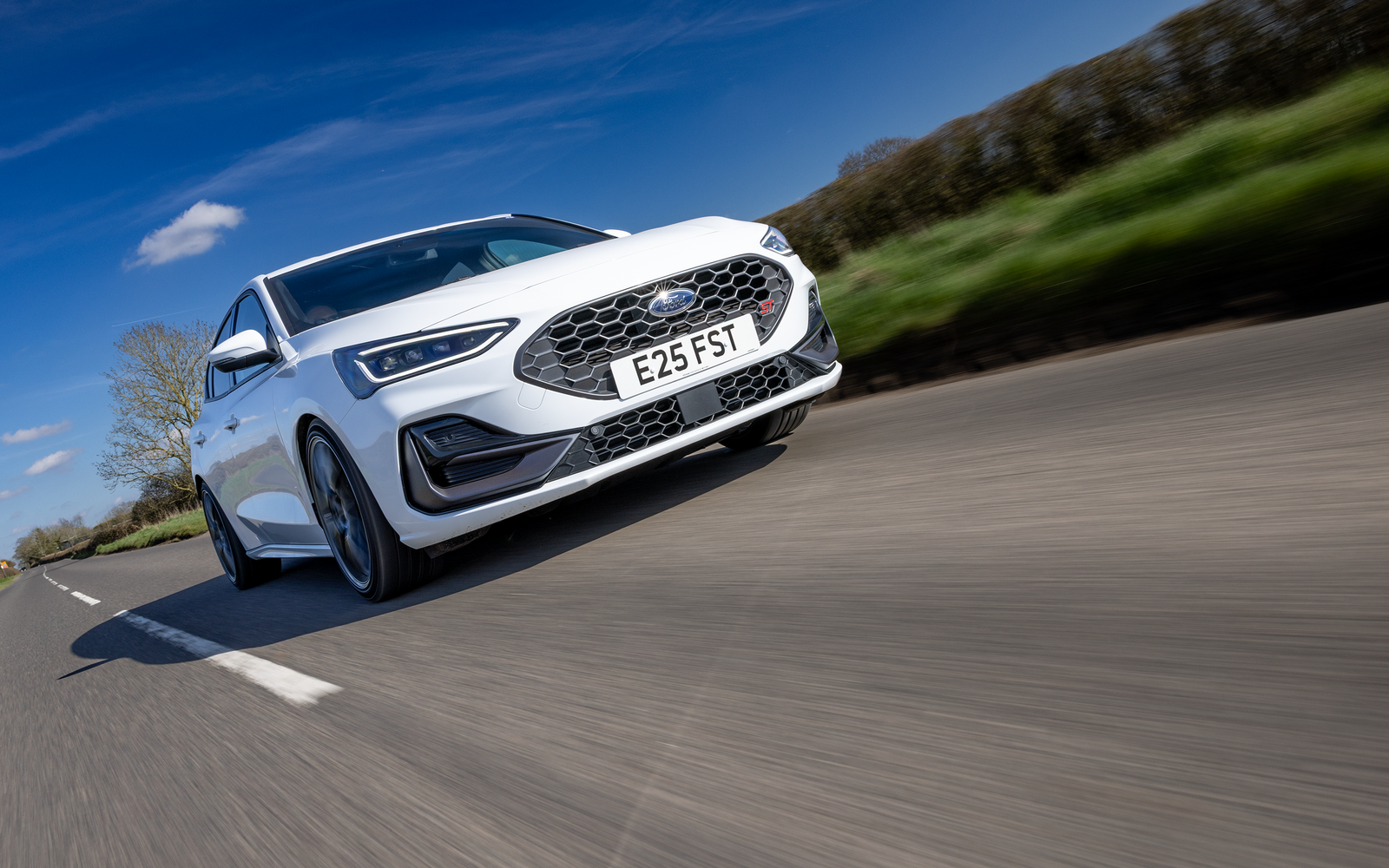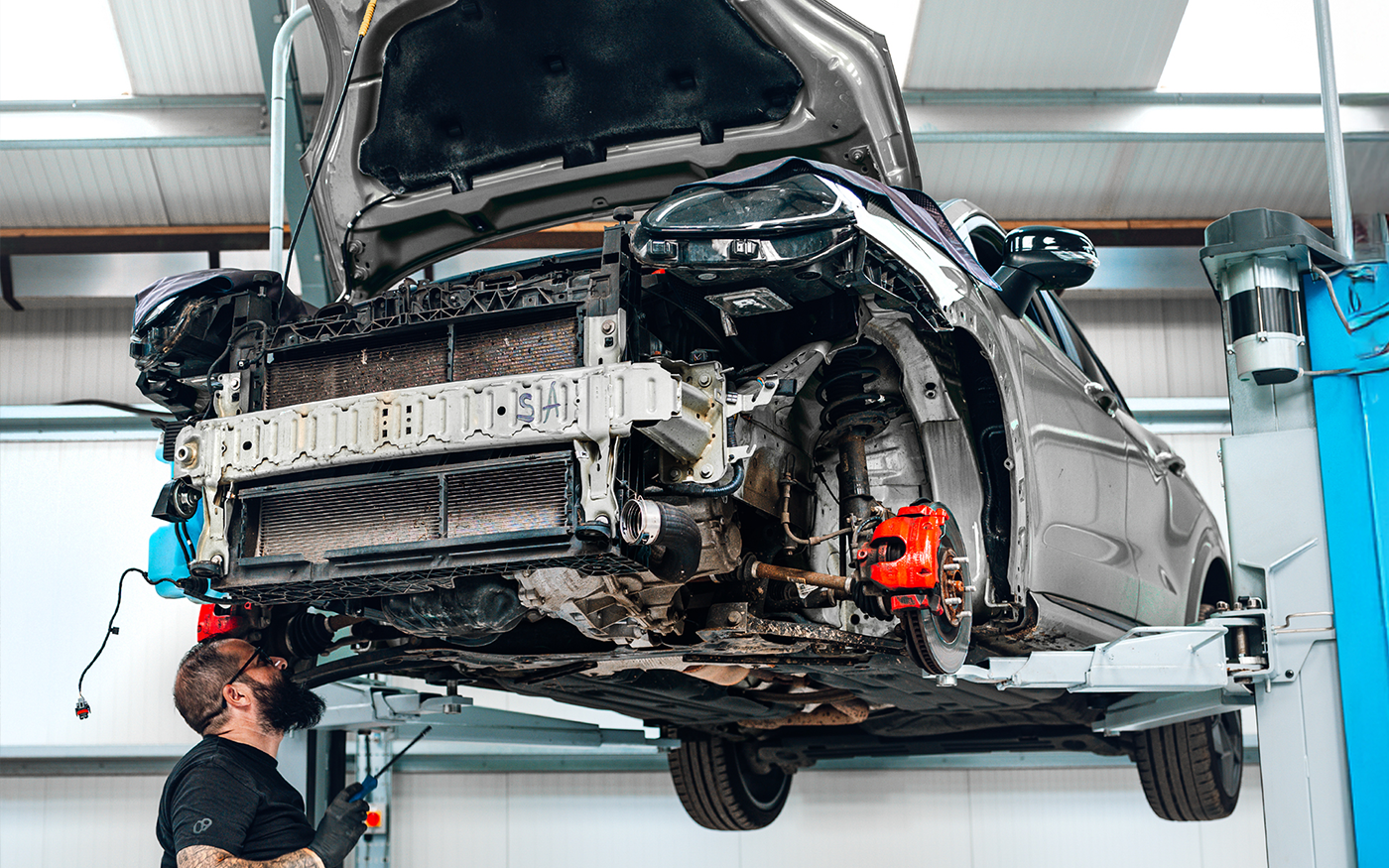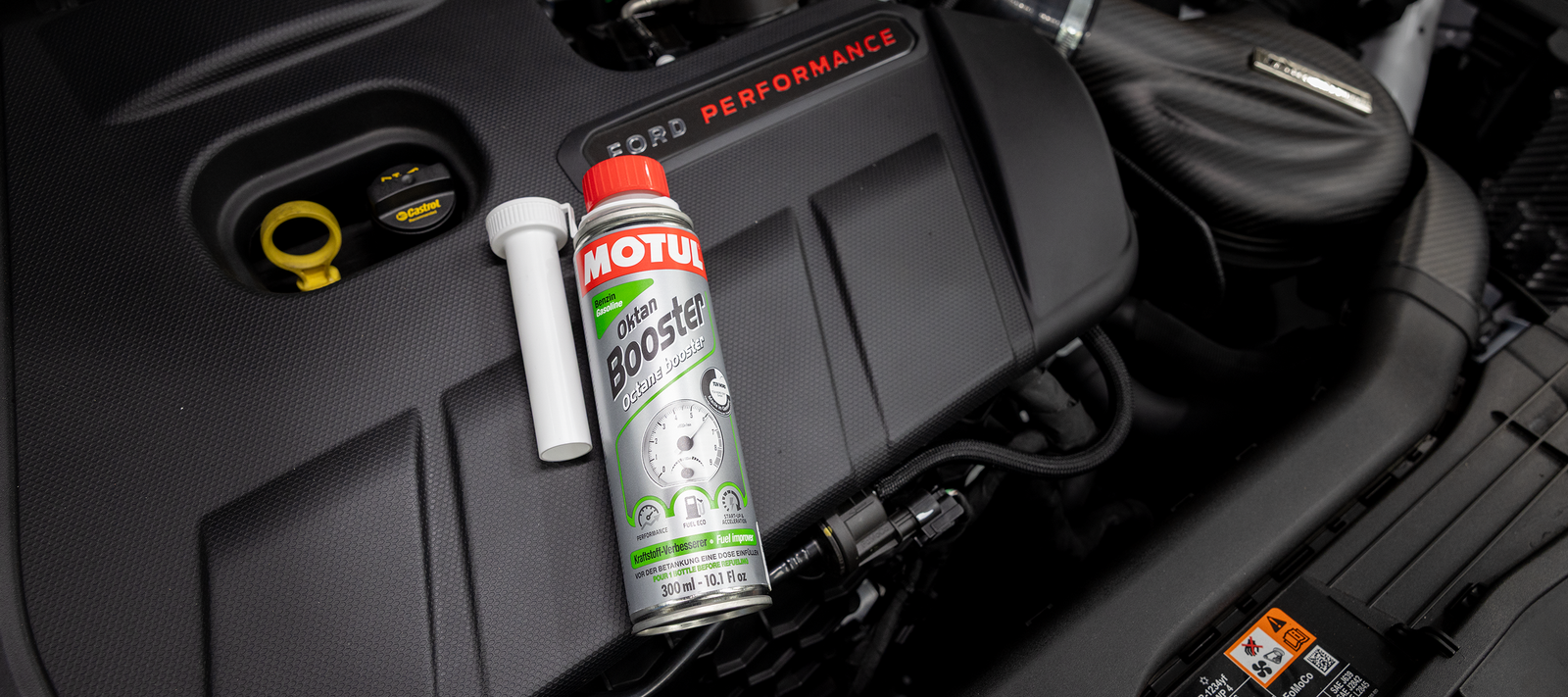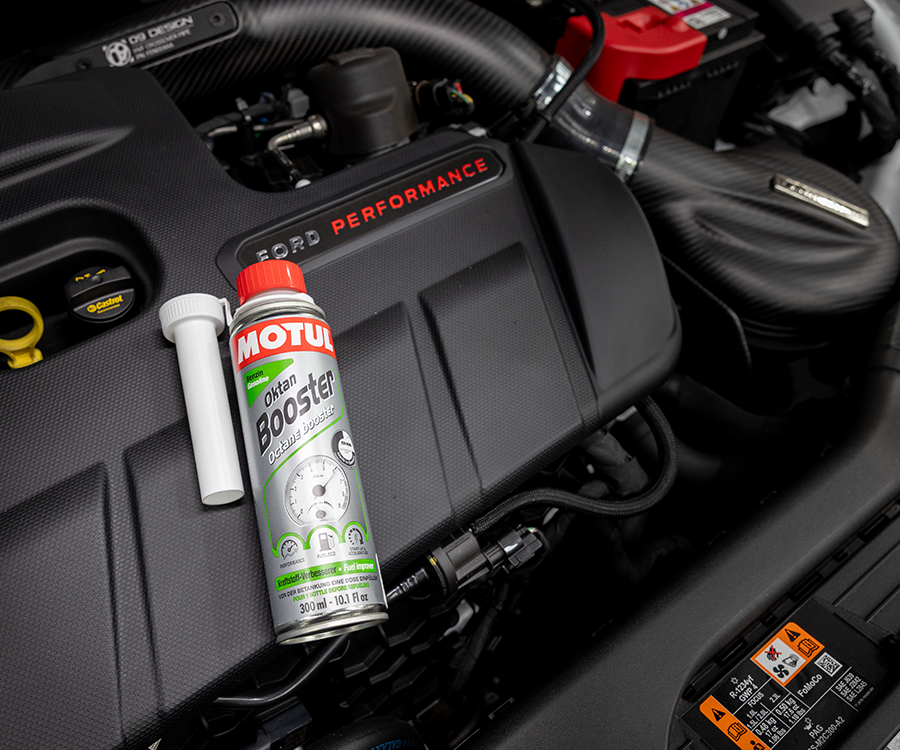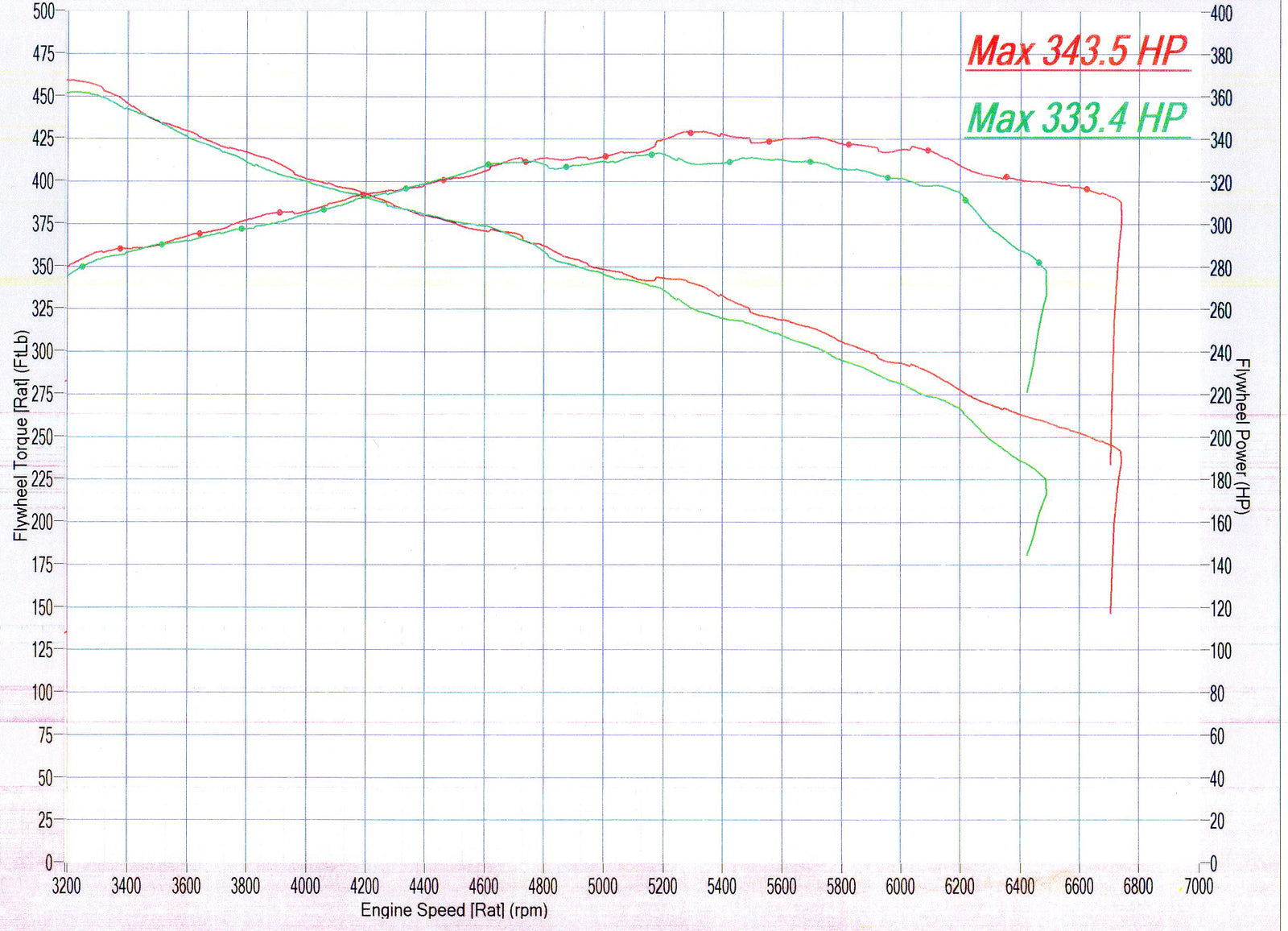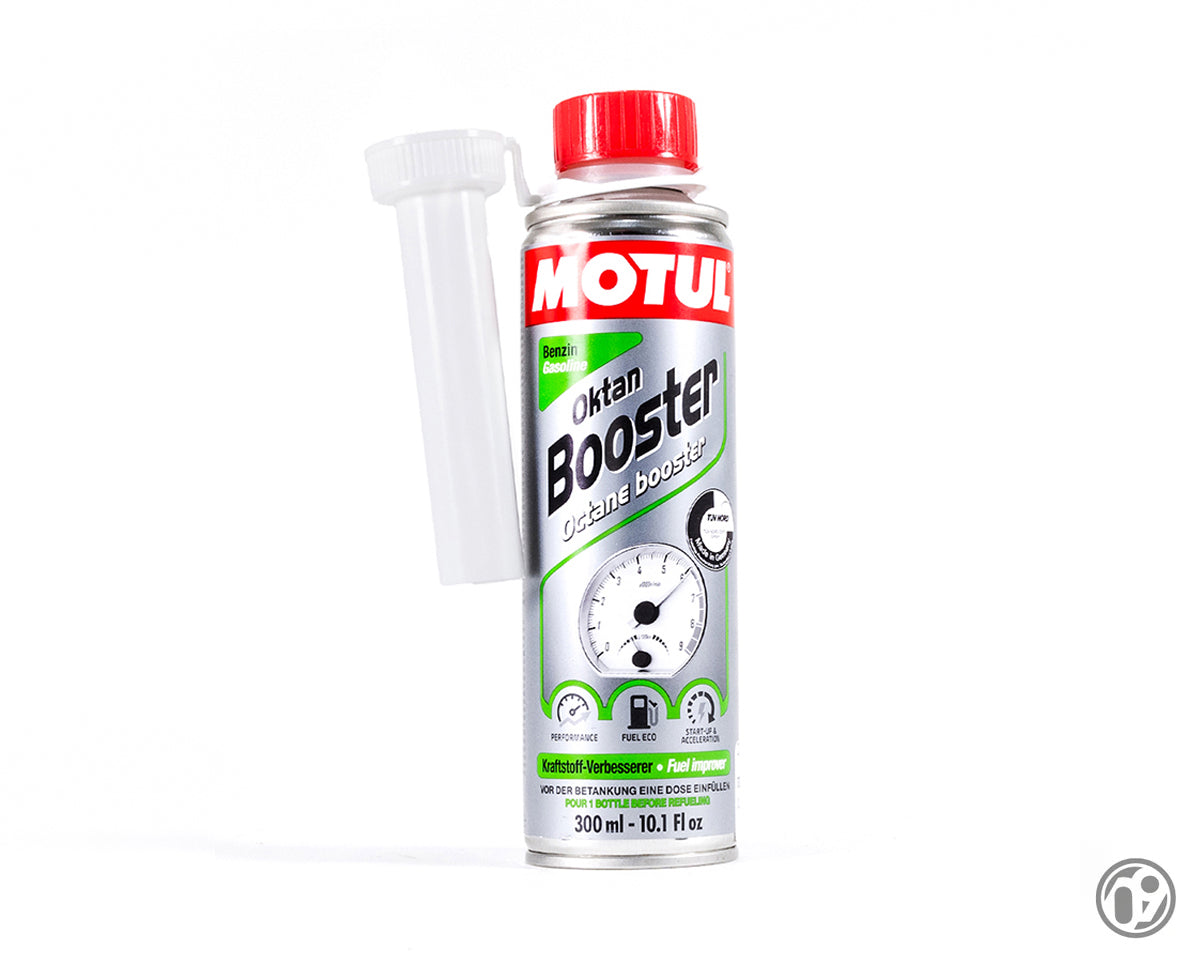Whether you only ever run premium fuel, or you like to treat your pride and joy to an occasional tank of the good stuff, we all know that fuel quality makes a difference to engine performance, and this is even more critical for modified cars and those that are used hard - particularly on track.
Whether you want to increase the performance of regular unleaded fuel, give your super unleaded a boost, or just want to ensure you’re getting the most performance and protection from and for your engine, octane boosters offer a solution – added power in a liquid form.
Modern engine management systems are loaded with safety features to prevent detonation / knock and even in the way they try to extract performance from a torque request, rather than a specific ignition / fuelling value in a table. But does that mean octane booster still works - and what difference does it really make, if it does?
To find out definitively, we took one of our Stage 01 powered Mk4.5 Focus ST development cars to the rolling road, armed with a keen calibrator, data-logging equipment and a can or two of Motul Super Octane Booster… here’s what we found.
First, we strapped the car down on the rolling road and ran a baseline test using regular 98 RON pump fuel. Our initial figures revealed a healthy 333.4bhp and 452FtLb of torque.
With our initial figures recorded, we removed the car from the dyno and added the Motul octane booster, as directed into the fuel tank. One can is good to treat 30-litres of fuel and based on the blurb on the side of the can should increase the octane number (RON), by 2 points. So, in this case circa 100RON, based on the 98RON super unleaded already being used.
To make sure the octane booster had blended thoroughly with the fuel, we took the car out for a spirited drive… and then it was back to the dyno for round two.


